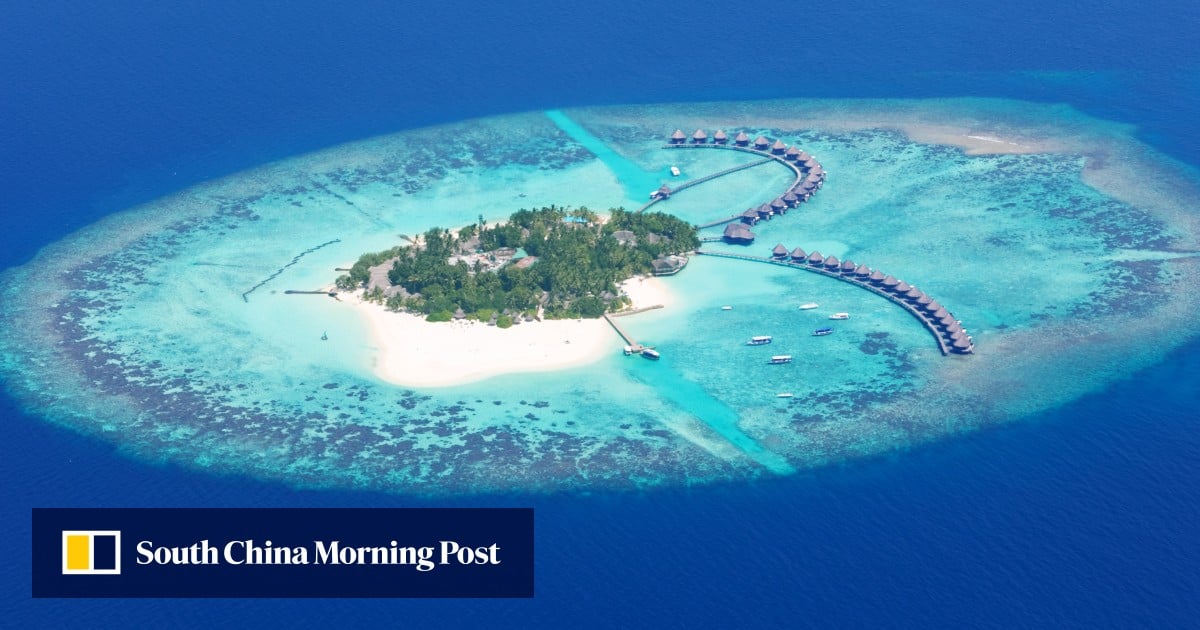The Good
The annual World Travel Awards have something of a problem. The Maldives keep winning.
In 2023, the Indian Ocean archipelago picked up the prestigious title of World’s Leading Destination for the fourth year in a row. Its Marketing & PR Corporation was voted World’s Leading Tourist Board (second year running) and there was even a Global Tourism Resilience gong for swift post-Covid recovery.
The Maldives was also nominated as the World’s Leading Dive Destination, World’s Leading Honeymoon Destination and World’s Leading Beach Destination, although it was beaten in each category. Presumably, the judges decided it was time to give the other nominees a chance.
The name Maldives derives from the Sanskrit maladvipa, meaning “garland of islands”, and it’s easy to see why as your resort transfer seaplane flies over a necklace of glittering coral specks with names that sound like something one might say while tickling a baby: Dhidhdhoo, Kudadoo, Faarufushi and Villingili.
All in all, there are 1,192 islands and atolls, 200 of which are inhabited. Most come with squeaky white sand, translucent turquoise lagoons and sunsets that fizzle like a fireworks display.
9 of the best city destinations with beaches, from Miami to Sydney to Rio
9 of the best city destinations with beaches, from Miami to Sydney to Rio
The Maldives has come a long way since 1972, when the first resort opened for business. Once promoted as the “No News, No Shoes” islands, because of their distance from civilisation and laid-back vibe, these days, most hotels have high-speed Wi-fi and satellite television.
According to the World Bank, tourism accounts for almost one-third of the Maldives’ GDP, and 70 per cent of the population rely directly or indirectly on the proceeds of the travel industry. In 2023, the largest source of tourists was India, followed by Russia and then China, for whom a 2023 visa-waiver agreement led to a spike in searches for holidays to the tropical paradise.
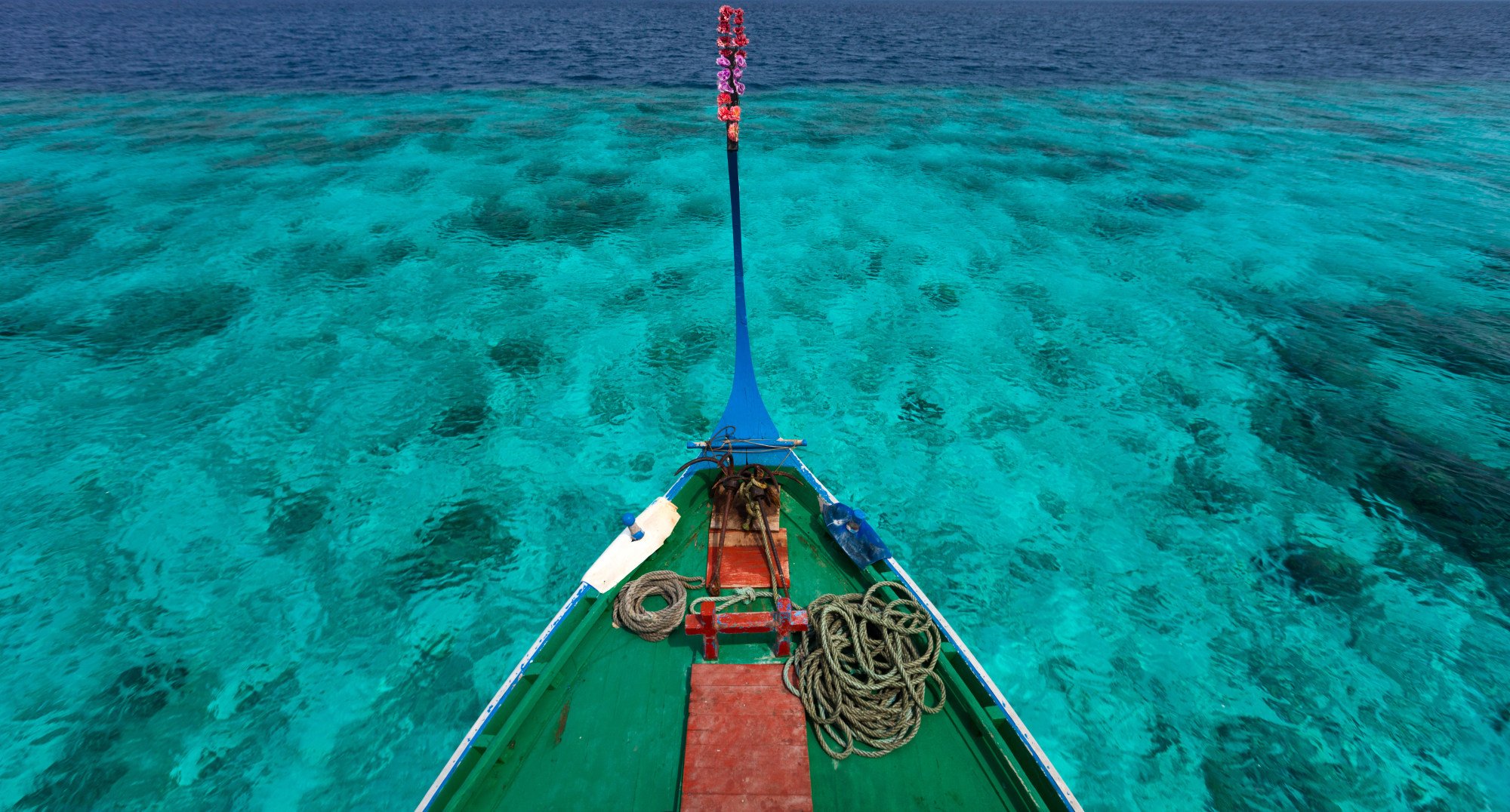
Tourists who tire of the beach can sign up for island-hopping trips aboard traditional dhoni sailing boats, arrange visits to villages or explore mosques, museums and markets in the capital, Male, one of the most densely populated cities in the world.
Adrenaline junkies, keen to get up close to an apex predator, should head to the island of Fuvahmulah, where it’s possible to swim with tiger sharks without the protection of a steel cage. An estimated 200 man-eaters gather to gorge on fish heads and other marine waste dumped by workers at the waterfront market.
Fortunately, the sharks are more curious than aggressive – as long as you follow the rules imposed by the experienced guides who are responsible for divers’ safety. Statistically, shark attacks in the Maldives are extremely rare – some say that in terms of risk, there’s more chance of being killed by a falling coconut.
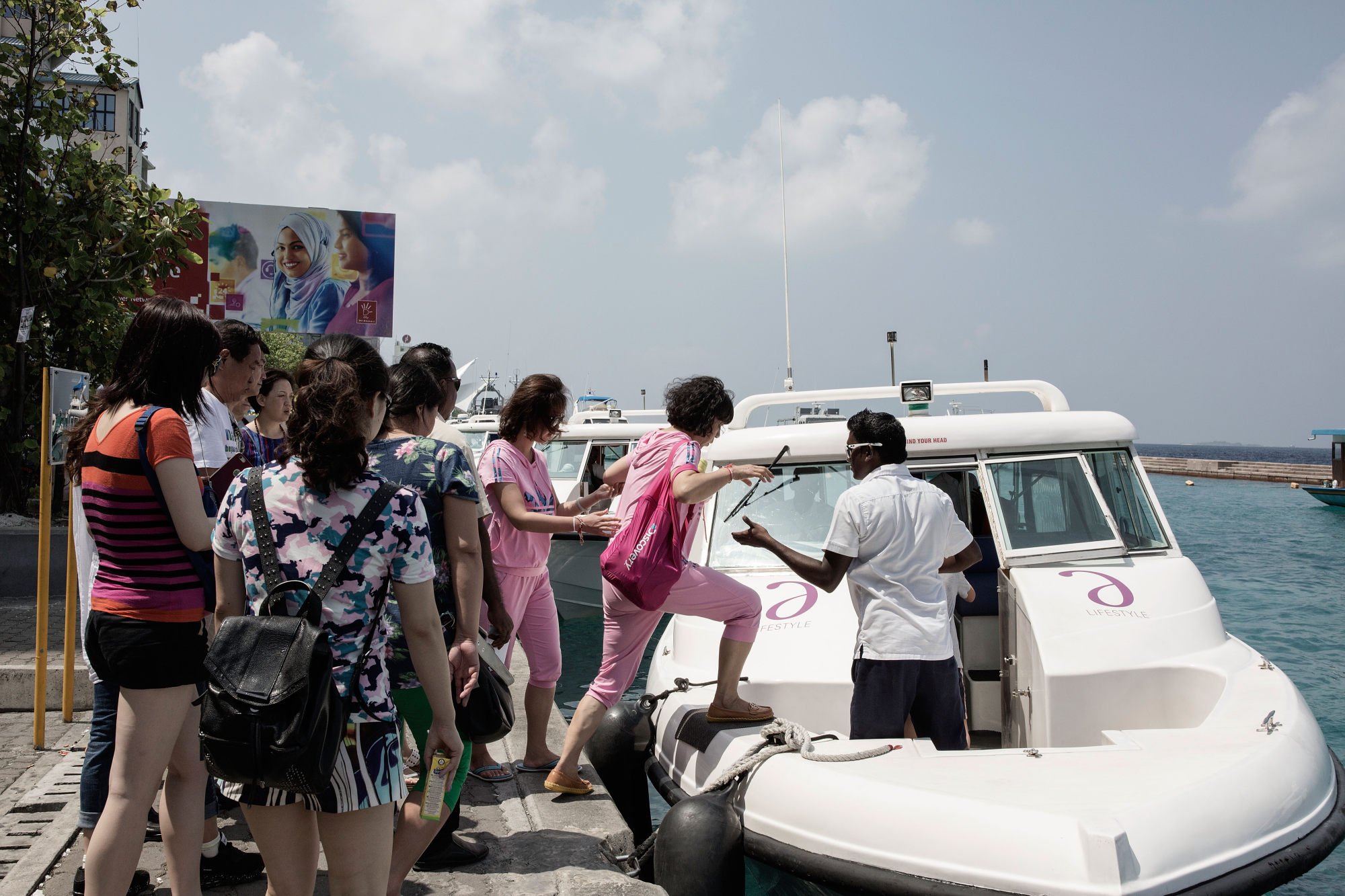
The Bad
The chances of a tourist being killed by the latter in the Maldives are slim, however, as resort staff monitor palm trees and cut down the coconuts before they fall. Nevertheless, it’s wise to choose your shady picnic spot with care, particularly on windy days.
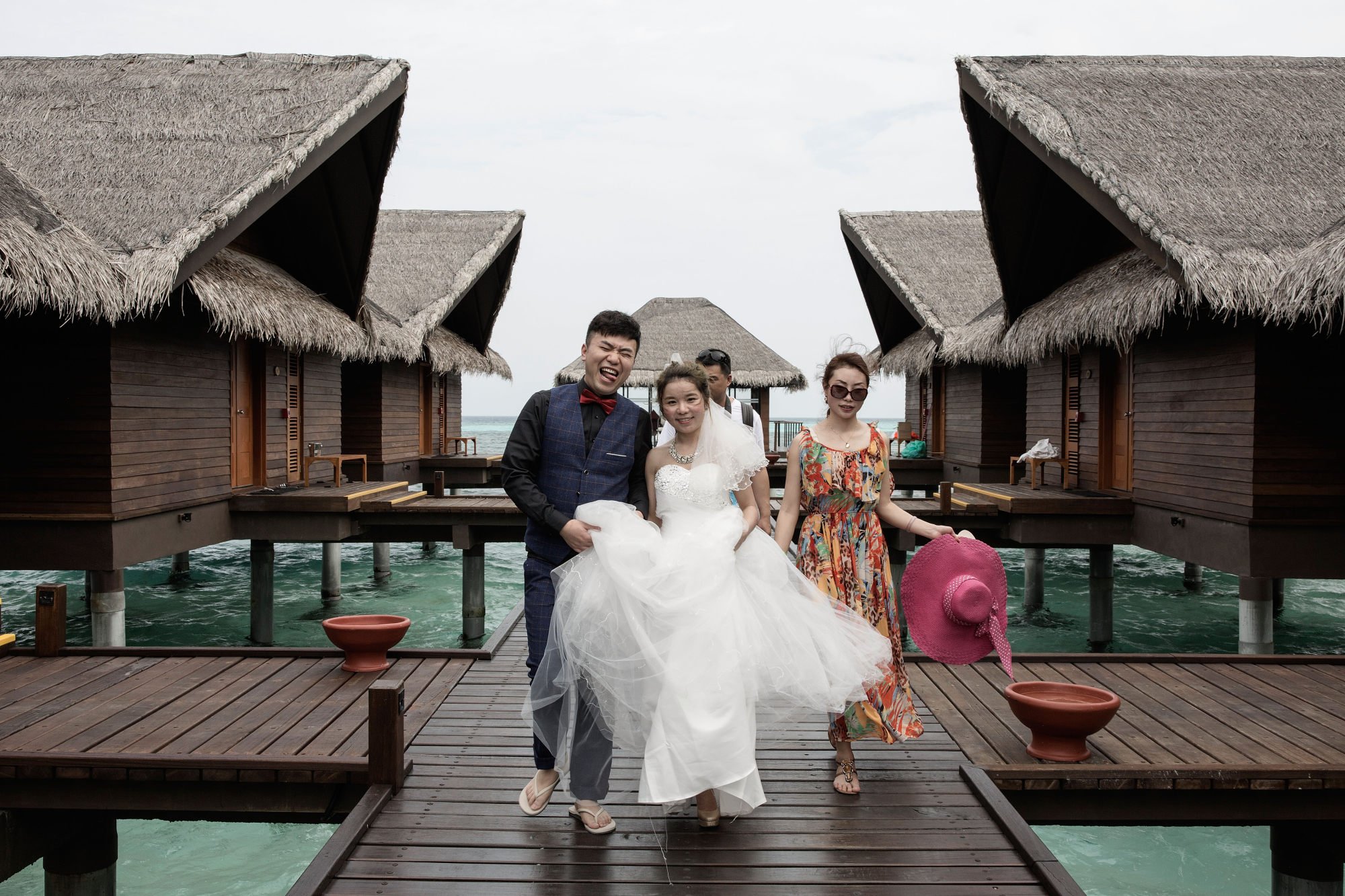
While most Maldivian marine creatures – including the tiger sharks at Fuvahmulah – are more inquisitive than dangerous, there are ocean-based threats to your health and safety. These include cuts from stepping on sharp coral that become infected and take forever to heal.
Fear not though, neither fish will bother you if you don’t bother (or stand on) them.
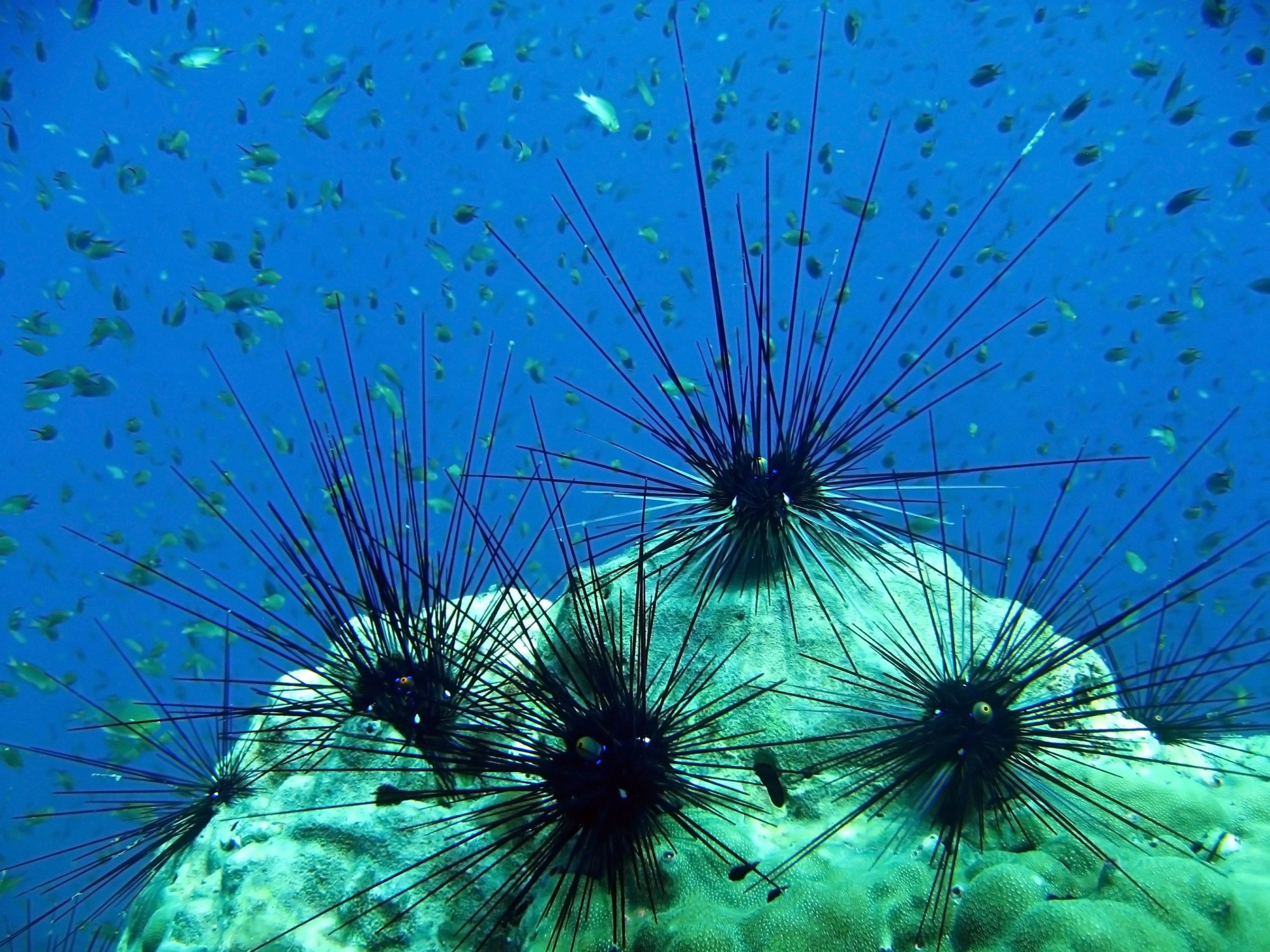
Tourism has been described as “the largest voluntary transfer of wealth from the rich to the poor in history” and although it’s true that a significant proportion of the Maldivian population is employed in the hospitality industry, only a fraction of the income generated ends up in the pockets of locals.
According to the United Nations, as little as US$5 of every US$100 spent by holidaymakers in developing countries stays in the host community. Leakage – the process by which tourism revenue flows out of the destination to pay for imported products and services rather than circulating locally – is especially high in this far-flung corner of the Indian subcontinent.
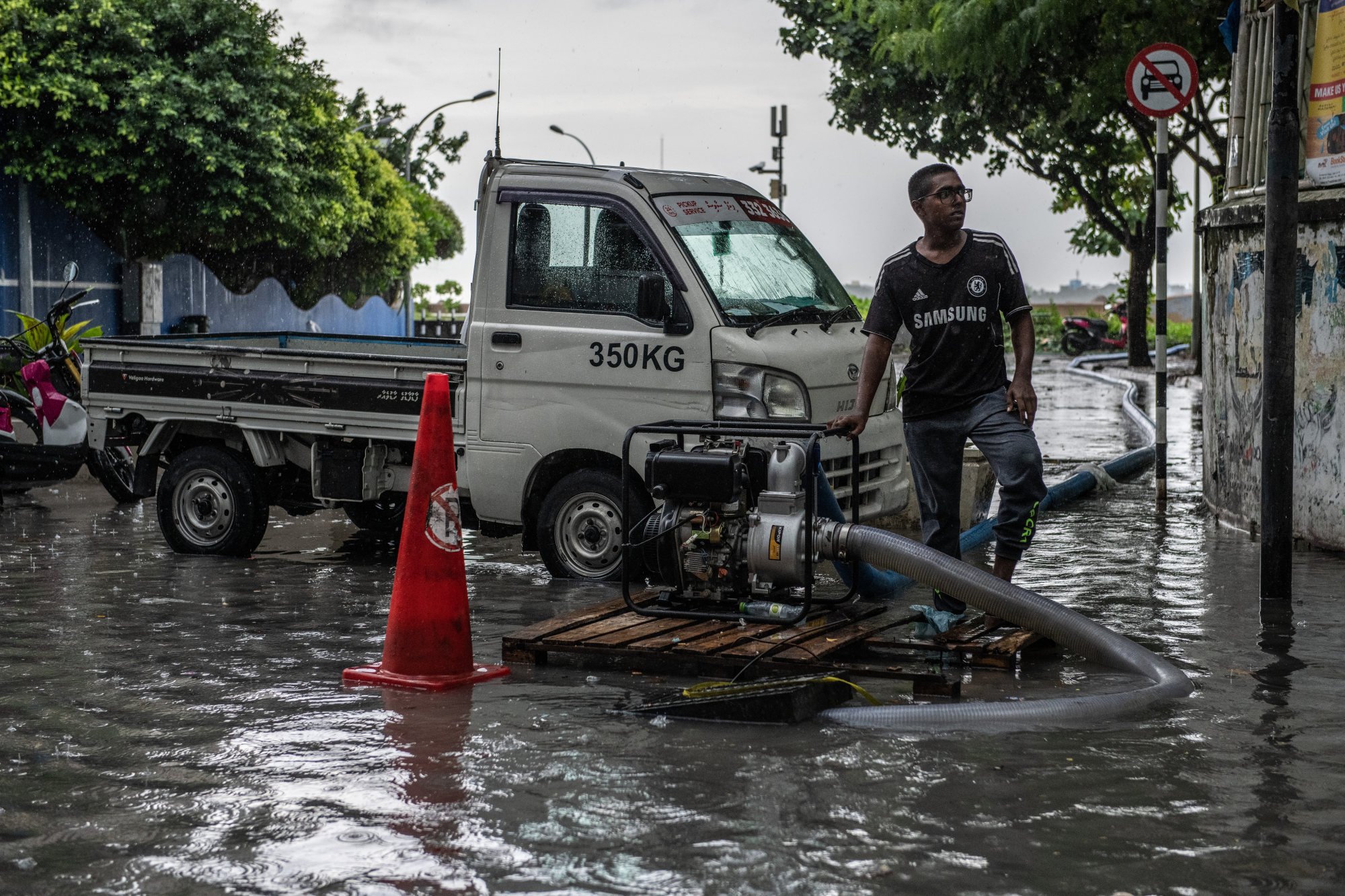
Groundwater is now too saline for drinking and water shortages have become a frequent occurrence on outer islands during the dry season. Locals rely on rainwater and desalinated water for their needs while tourist resorts provide their guests with bottled water for drinking and desalinated water for cooking and bathing.
The Ugly
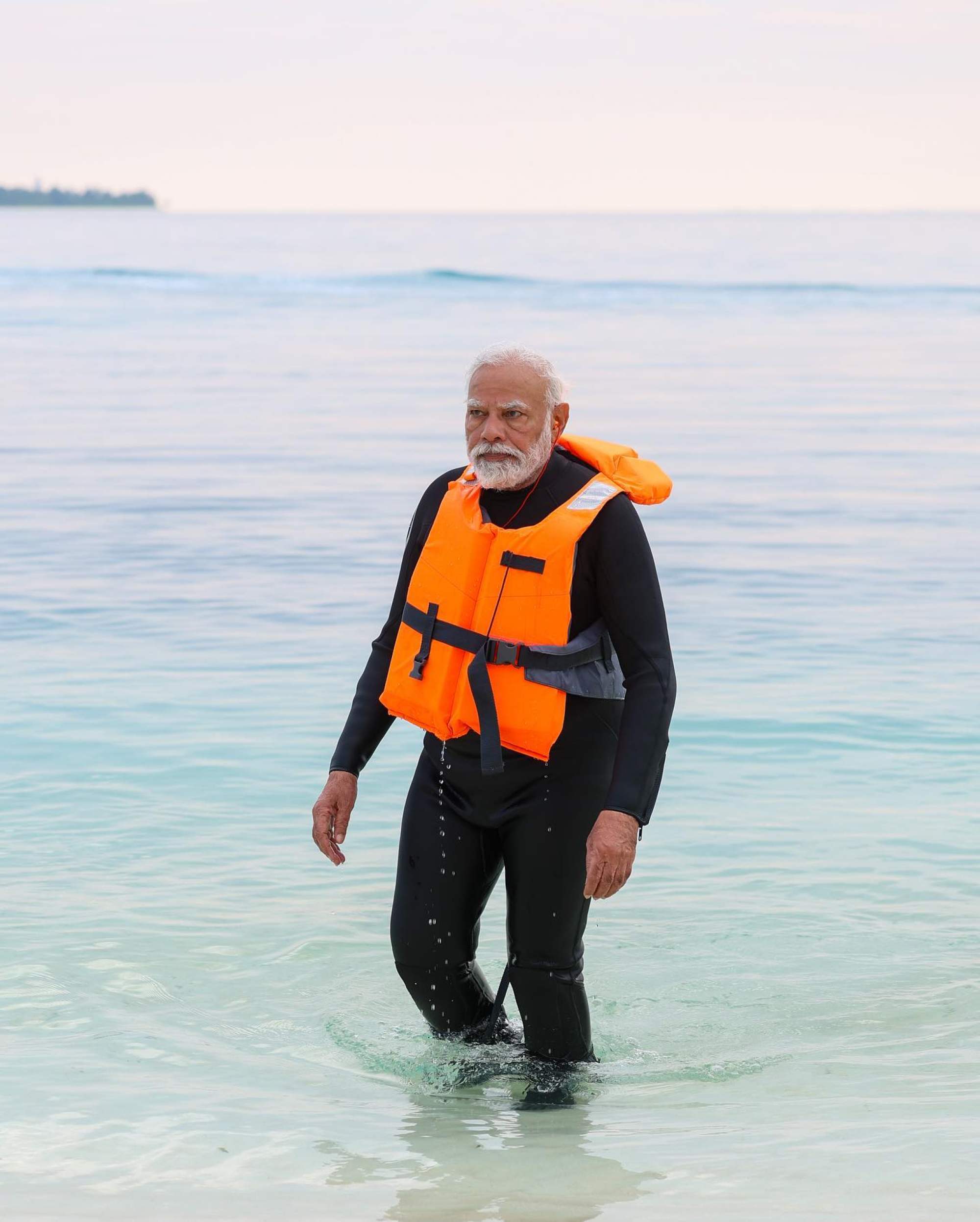
In response, three Maldivian government ministers called Modi a “terrorist”, “a clown” and “a puppet of Israel” on social media and were promptly suspended.
Meanwhile, against a backdrop of increased cooperation between the Maldives and China, Maldivian President Mohamed Muizzu suggested Beijing “intensify efforts to send more tourists” to the islands during a meeting with Chinese President Xi Jinping in the Chinese capital in January.
China has now leapfrogged India as a source of visitors to the low-lying nation.
The “No News, No Shoes” era definitely seems a long time ago.

